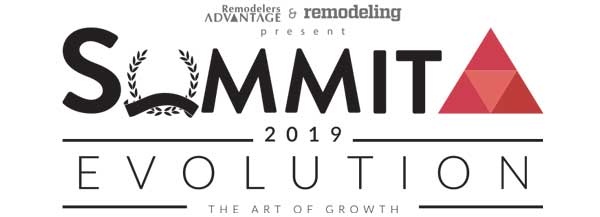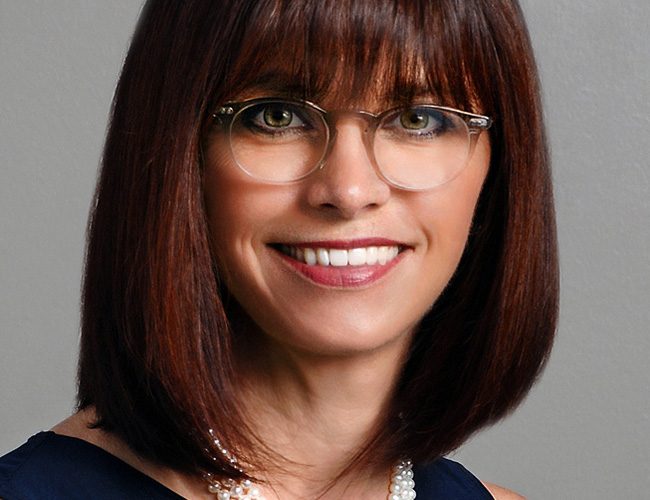Ep.85: Unraveling the Undervalued “Proactive Outbound Sales Call” Metric with Abe Degnan
Our Roundtables members share their financial metrics at every meeting, in what we call the composite report. But there’s one field that’s almost always reported as zero.
It’s the proactive outbound sales call metric. It’s confusing to many, not just as a field on a spreadsheet, but as an activity.
Abe Degnan says this metric is valuable to all remodeling companies, and making those calls builds his own company’s sales pipeline.
In this episode, Abe joins Victoria and Mark to explain the proactive outbound sales call, how to track it, and what it can do for your company.
Abe is president, problem-solver and life changer at Degnan Design Build Remodel in DeForest, WI. He also manages day-to-day business operations — and as a long-time Roundtables member, Abe knows how important it is to measure what is managed.
This statistic isn’t just for replacement companies with a call center, says Abe. A proactive outbound sales call also doesn’t have to be a phone call. It occurs any time you follow up on your sales process in a way that is outside of your established sales routine or is something your client isn’t expecting you to do. Abe talks about what those follow ups can be, and how to track them, including:
- Why sales needs to do it, not marketing
- Sending handwritten note cards
- Calling on cold leads
- Contacting a lead that fell off your radar
- Networking for leads
- The number of activities you should do
- The ROI on the effort
- Who you should reach out to
- Including it in your marketing plan
- How long it can take to convert
- And more …
Making proactive outside sales activities a part of your business can get, and while it’s a marketing activity, it has to be carried out by the sales staff to be effective.
Speaking of Marketing…
If you’re looking for more ideas and better ways to market your company, check out Mark Harari’s Masterclass this December 9th & 10th in Baltimore called “I ‘AM’ the Marketing Department.” It covers all the major aspects of running a marketing department, and is specially geared to meeting the needs a marketing department of one.















